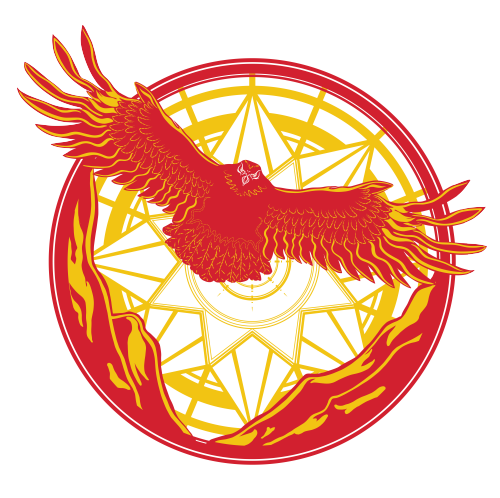Course Category: Anytime Audit
-
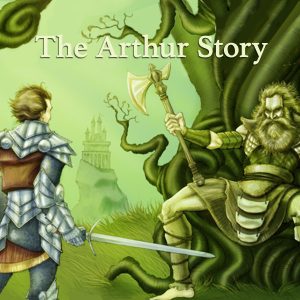
The Arthur Story
This course explores King Arthur from his beginnings in the historical record in the late 5th/early 6th century through Tennyson’s idealistic vision of the great King in the late 19th century.
-
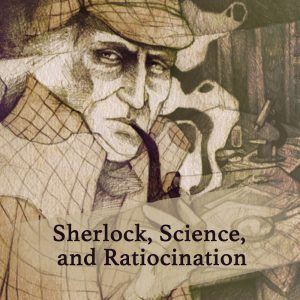
Sherlock, Science, and Ratiocination
This course focuses on Edgar Allan Poe and Conan Doyle and how their works blended scientific method, mystery, and imagination to create the modern literature of detection.
-
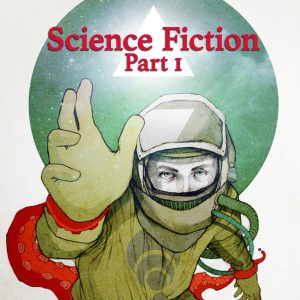
Science Fiction Part I
Join award-winning scholar Dr. Amy H. Sturgis as she explores the ways in which the literature of science fiction over time has asked the question: “What if?”
-
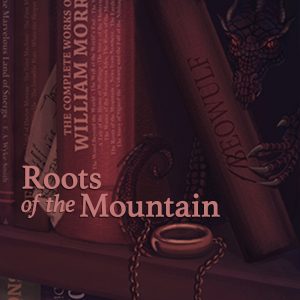
Roots of the Mountain
This course studies Tolkien’s works in relation to the fantasy literature of the nineteenth and twentieth centuries.
-
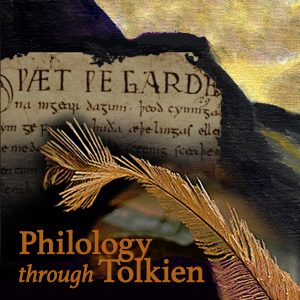
Philology Through Tolkien
This course uses the life and works of Tolkien as an introduction to the discipline of comparative philology and to highlight the many links between this field and his creative writings. The course offers an introductory overview of several Germanic languages and their literatures, such as Gothic, Old and Middle English, and Old Norse, and…
-
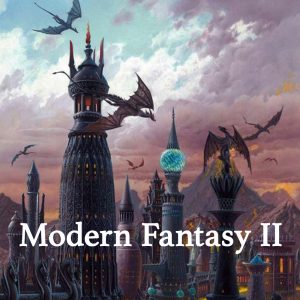
Modern Fantasy II
This course explores fantasy literature written over the past 60 years with an examination of the works of six modern fantasy authors.
-
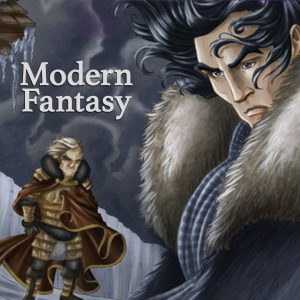
Modern Fantasy I
This course explores fantasy literature written within the past 50 years, with an examination of the works of six top modern fantasy authors: Peter Beagle, Ursula Le Guin, Neil Gaiman, Jim Butcher, Garth Nix, and George R. R. Martin.
-
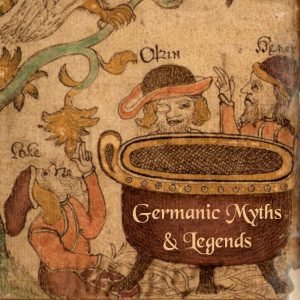
Germanic Myths and Legends
This course puts the myths and legends of the medieval Germanic world in their wider cultural and historical contexts.
-
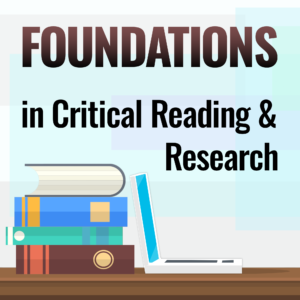
Foundations in Critical Reading and Research
This core course introduces students to current practices and conventions of graduate scholarship in Language and Literature, core literary theories, and foundational Humanities skills.
-
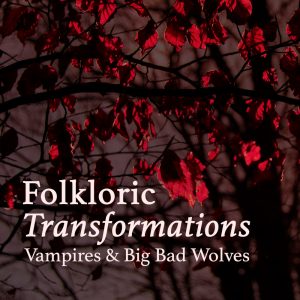
Folkloric Transformations: Vampires & Big Bad Wolves
This course explores the transformations of folklore in modern literature, film, and TV, focusing primarily on vampires, as well as fairy tale creatures.
